RAILYARD OPERATIONS
CSX Transportation (CSXT) is a leading Class I railroad operating one of the largest freight rail networks in the eastern United States, with its corporate headquarters in Jacksonville, Florida. The company plays a critical role in connecting major commercial markets and supporting regional and national supply chains.
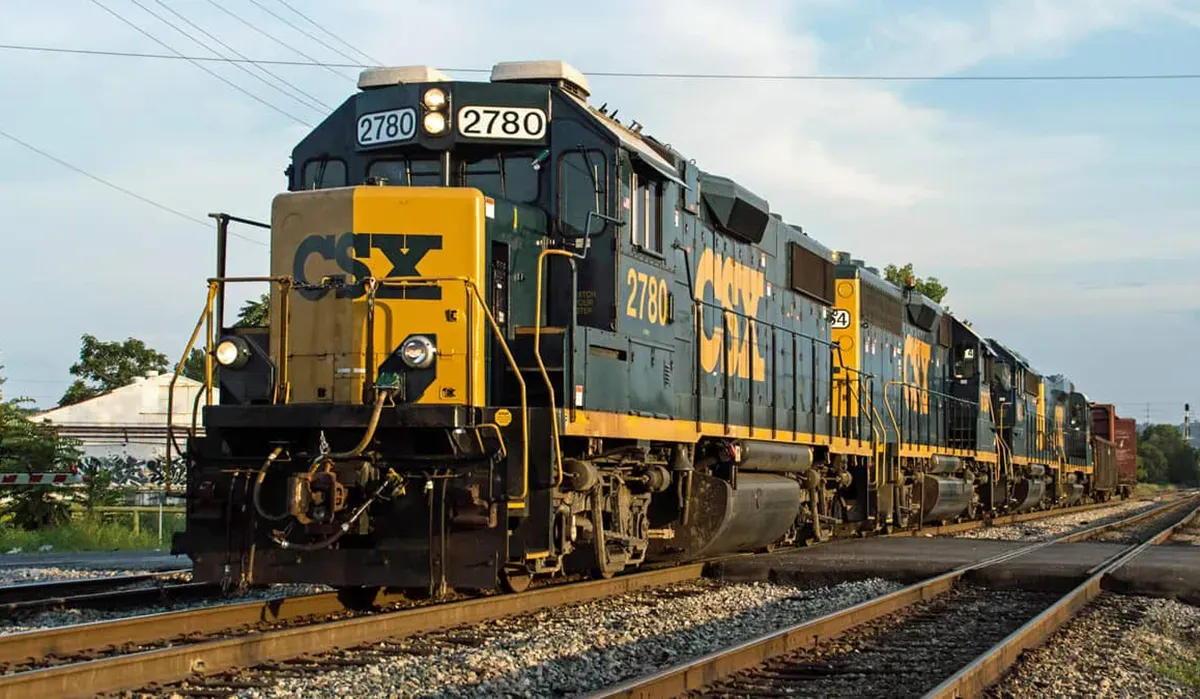
The CSX railyard in Jacksonville is located on the city’s western edge, historically known as the West Jacksonville yard, and is owned and operated by CSX Transportation. This facility serves as a major classification and operations hub for the region, supporting both local and long-haul freight movements and providing essential connectivity for Florida’s rail traffic.
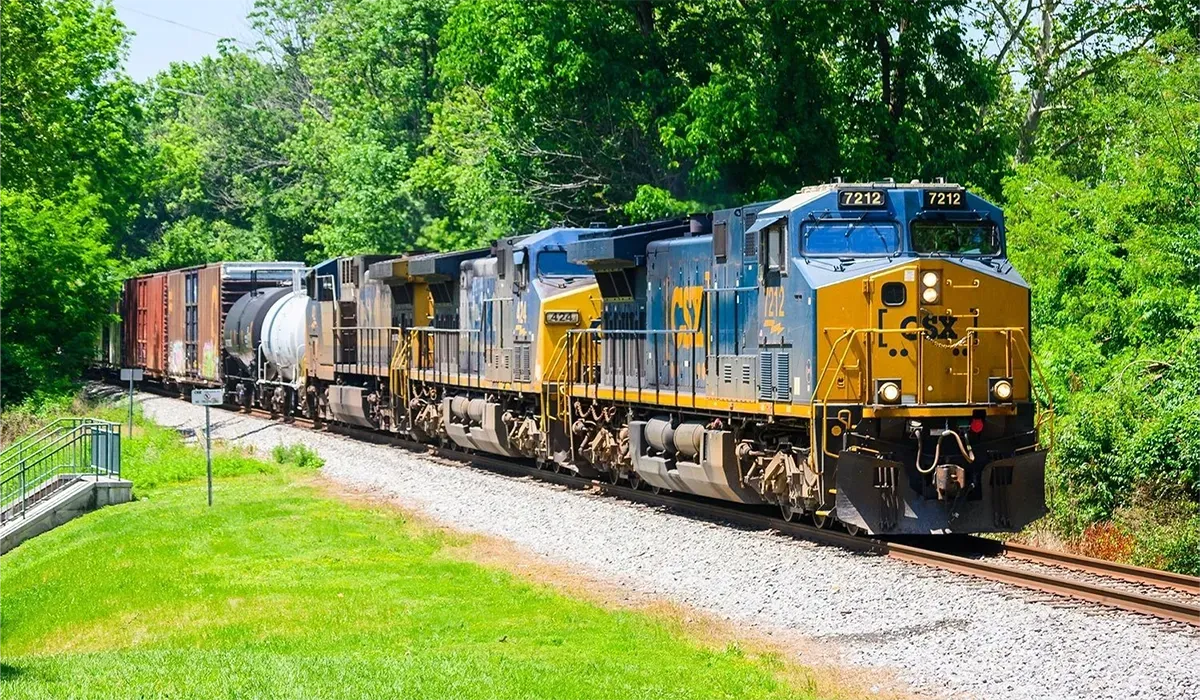
MAJOR CLASSIFICATION YARDS
The yard functions as a major classification facility, capable of processing a high volume of railcars daily and supporting complex train building and sorting operations typical of a primary regional hub.
INTERMODAL TERMINALS
Intermodal operations at the Jacksonville yard include container handling with modern equipment such as rubber-tired gantry cranes and reach stackers, enabling efficient transfer between rail and truck modes; the facility is equipped to handle a wide range of containerized freight.
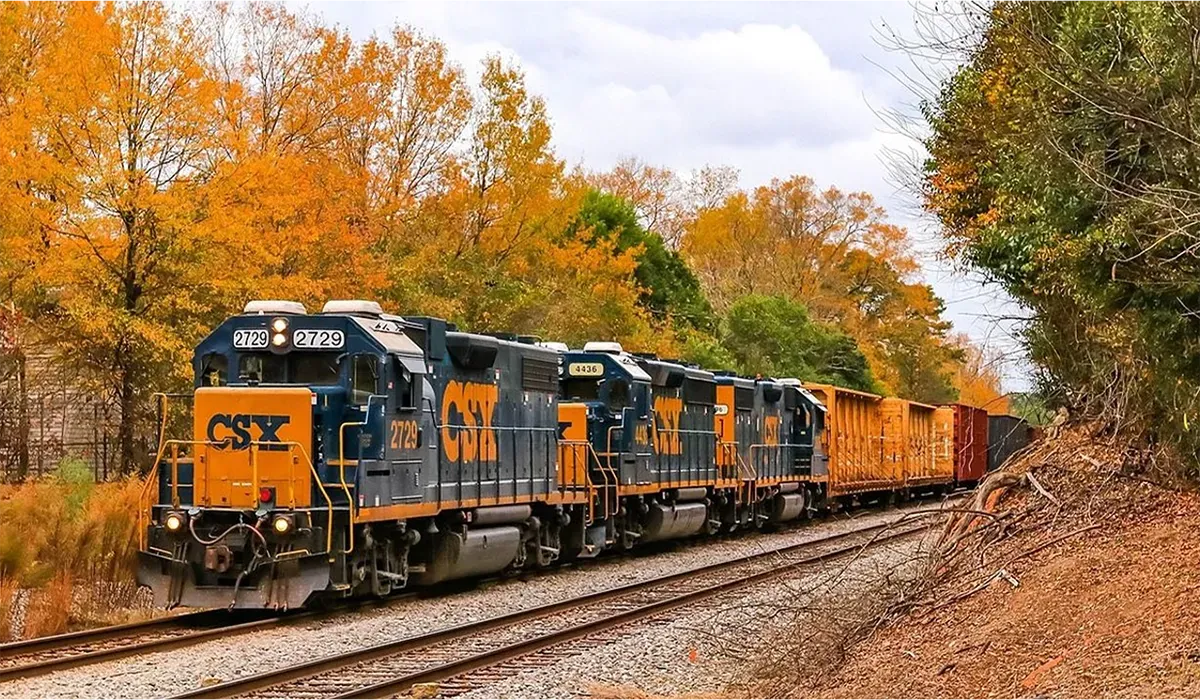
MAJOR RAILYARD FACILITIES
Inbound trains are received on multiple arrival tracks, where cars undergo initial inspection for mechanical and safety compliance before being routed for further processing.
Classification operations involve advanced switching capabilities, with multiple classification tracks and automated switches used to sort railcars by destination and assemble outbound trains efficiently.
SPECIALIZED FACILITIES
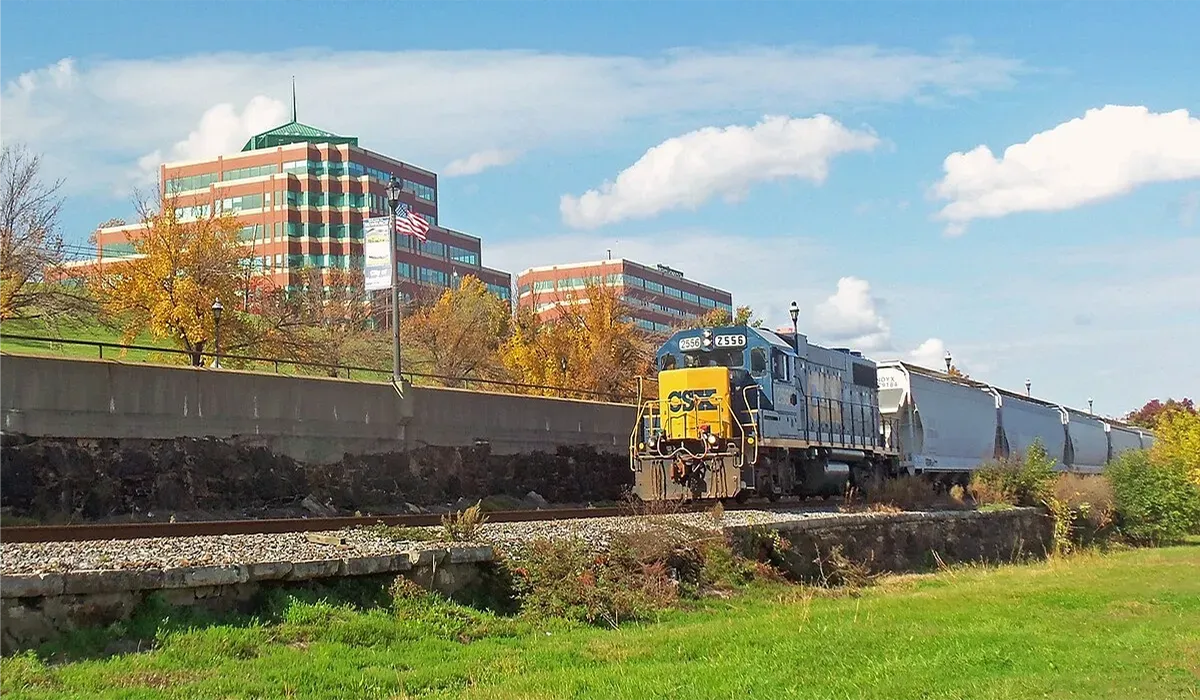
The yard includes automotive handling facilities with the capacity to process finished vehicles, utilizing specialized unloading ramps and secure storage areas.
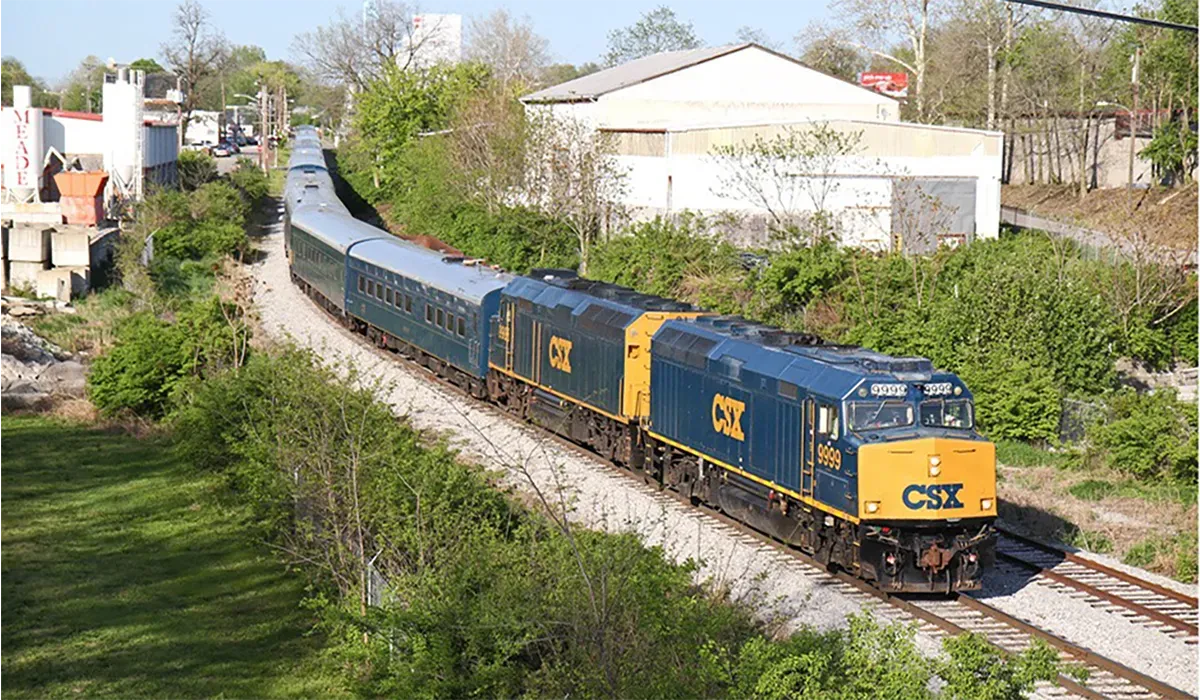
Comprehensive maintenance facilities are present, supporting locomotive servicing, routine inspections, and repairs for both locomotives and freight cars to ensure operational reliability.
TECHNOLOGY & EQUIPMENT
Yard management and tracking are supported by integrated terminal operating systems, providing real-time visibility of car locations, inventory, and workflow management across the facility.
Safety and communication systems include centralized dispatching, radio communications, automated warning devices, and surveillance systems to maintain safe and coordinated yard operations.
Gate operations utilize automated gate systems and electronic data interchange (EDI) for efficient processing of inbound and outbound trucks, reducing dwell times and improving throughput.
Storage and stacking operations are managed with designated tracks and paved container yards, allowing for flexible storage of intermodal units and efficient stacking to maximize space utilization.
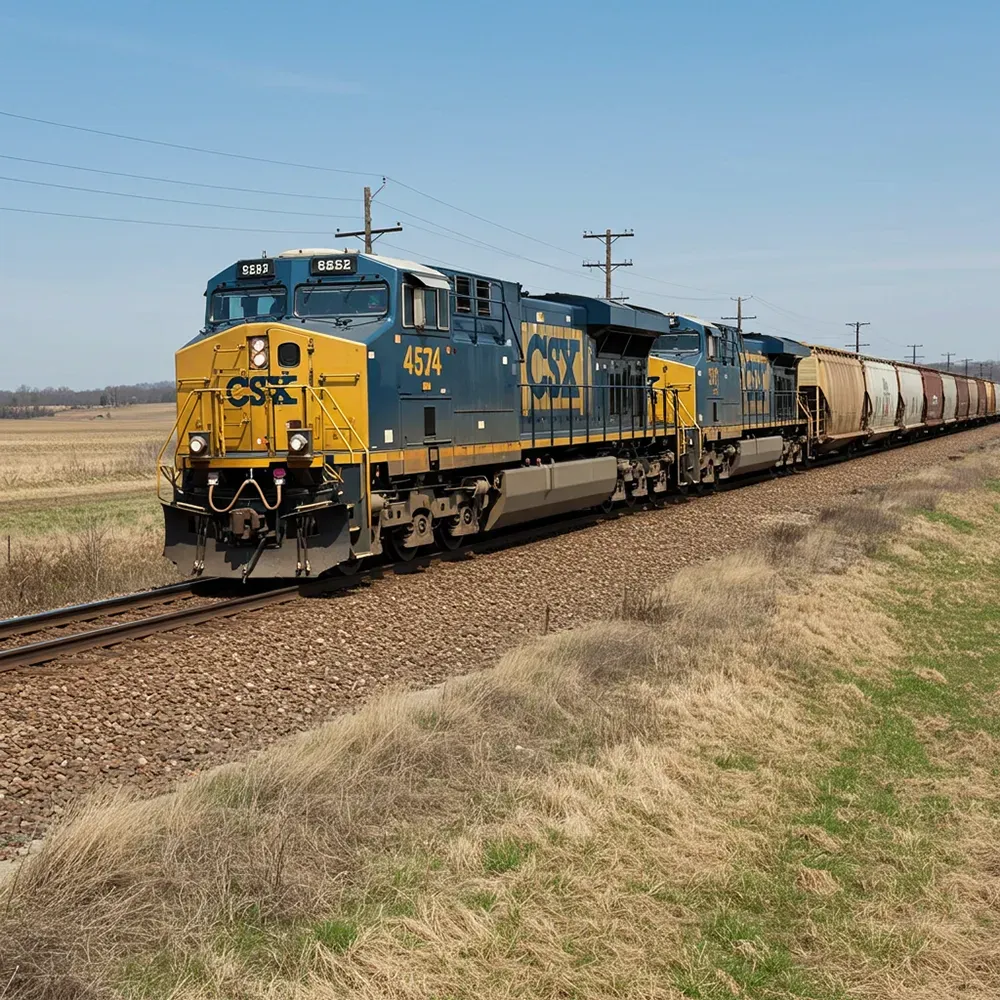
OPERATIONAL METRICS
The yard processes a substantial volume of railcars and intermodal units daily, reflecting its role as a high-throughput terminal in the CSX network.
Recent infrastructure investments have included upgrades to track, signaling, and terminal equipment, as well as enhancements to intermodal and automotive handling areas to support growing demand.
SPECIALIZED SERVICES

Inspection services at the yard are conducted in compliance with Federal Railroad Administration (FRA) regulations, with dedicated teams performing regular safety and mechanical inspections.

Transloading capabilities are available, allowing for the transfer of bulk commodities and general freight between railcars and trucks, supporting a diverse range of customer requirements.
SAFETY & ENVIRONMENTAL INITIATIVES
Safety protocols include comprehensive employee training, regular safety audits, and the use of advanced safety technologies to minimize incidents and ensure regulatory compliance.
Environmental stewardship initiatives at the yard focus on reducing emissions, managing stormwater runoff, and implementing energy-efficient technologies as part of CSX’s broader sustainability programs.
FUTURE DEVELOPMENT